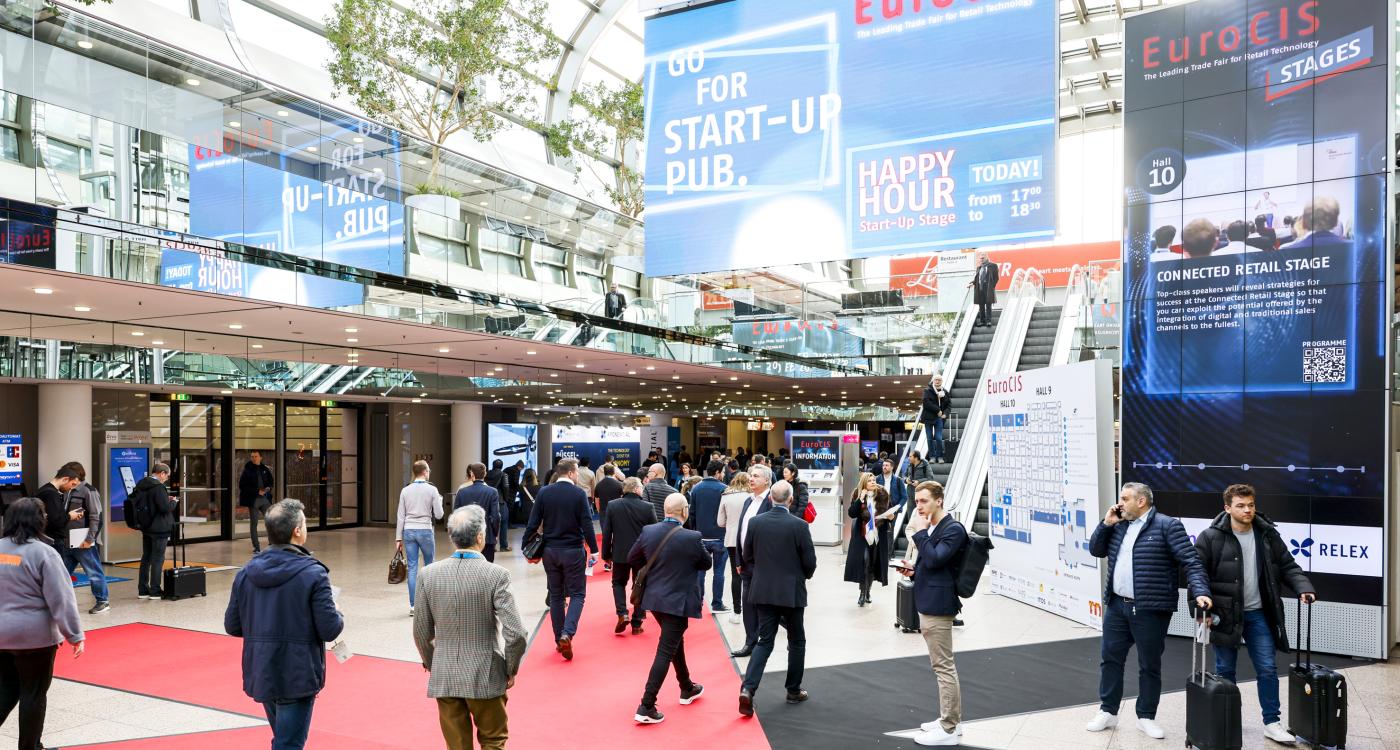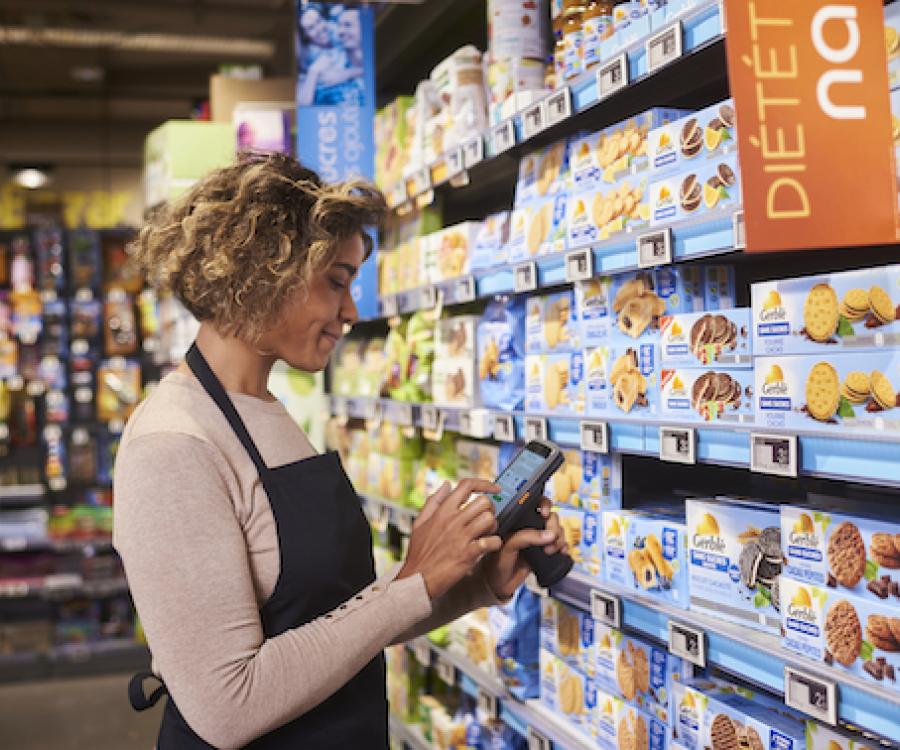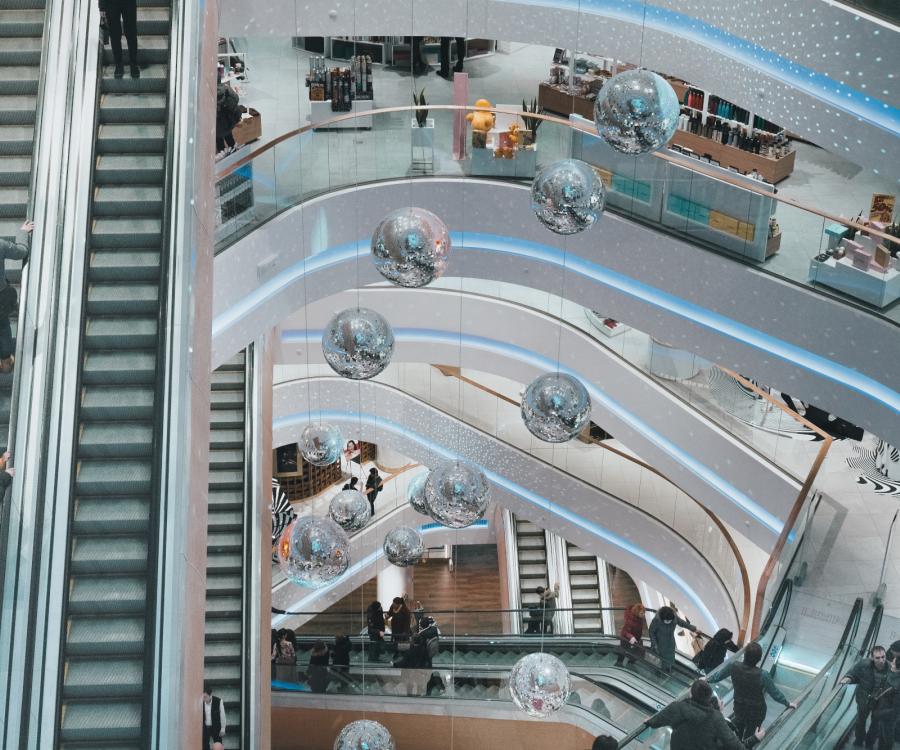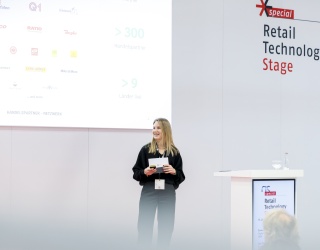EuroCIS 2025 will be the largest edition of Europe's leading trade fair for retail technology to date. Around 500 exhibitors from more than 35 countries will be exhibiting on over 15,000 square metres of booked net space from 18 to 20 February.
Trade visitors from the retail and wholesale, hospitality, food service & catering, leisure, financial services and banking sectors will once again be able to find out about the latest developments in retail technology. The trade fair offers a wide range of detailed solutions, including merchandise & supply chain management, POS software and hardware, HR, robotics, security & loss prevention, cash management and pricing.
Elke Moebius, Director EuroCIS: “Artificial intelligence is a particular focus this year - from analytics and sales forecasts to generative AI for the creation of texts, images and music in marketing and customer communication. The trade fair also offers comprehensive solutions relating to customer centricity and smart stores in order to prepare retail companies for the future in the best possible way.” With new special areas such as the Food Service Innovation Hub and the Cybersecurity Hub, the trade fair addresses highly topical issues for retailers.
EuroCIS 2025 will focus on the following current hot topics in the retail technology sector:
Customer Centricity
As consumers' shopping behaviour becomes increasingly digital, the seamless merging of all sales and communication channels is essential for any retail business. By using technologies such as IoT devices, mobile apps and AI-driven analytics, retailers can better understand their customers' preferences and offer personalised recommendations, promotions and services. This is the only way to create a consistent and integrated shopping experience that generates high customer satisfaction across all channels.
Smart Store
The rapid digitisation of the retail industry in recent years has also led to bricks-and-mortar shops being equipped with more and more technological intelligence. This has led to the development of a wide range of automated store concepts in which the shopping process is largely digitalised. Sensor and image recognition technologies play an important role here, but they are also used in conjunction with other applications such as “smart” shelves that monitor stock levels and recognise out-of-stocks, intelligent electronic price tags and displays or even scales.
Artificial Intelligence
The use of artificial intelligence is one of the most important technological challenges for many retail companies in the coming years. AI is already playing a major role, particularly in the area of data analysis, and supports retailers with sales forecasts, product range management and pricing. The boom in generative AI and tools such as ChatGPT have massively expanded the potential applications of AI for the entire industry within a short space of time. In the future, retailers will rely even more heavily on AI-based applications, which will also utilise technologies such as image recognition and sensor technology. There will be a strong focus on process automation in shops in order to counteract the current shortage of skilled labour.
Smart Energy Management
The explosion in energy costs over the past year has increased the pressure on companies to control energy consumption efficiently, monitor it precisely and adjust it flexibly. The use of intelligent and powerful technological applications helps retailers to visualise energy costs and consumption transparently and comprehensively. By using IoT-based applications, the entire energy management control process can be automated to a high degree, making it more efficient.
Cybersecurity
Cyberattacks have become a massive threat to every retail company in recent years. This makes it all the more important for every retailer to protect their own infrastructure in the best possible way and to have efficient and effective emergency mechanisms in place. In particular, it is important to protect customer and supplier data, prevent card fraud, secure e-commerce platforms, ensure operational resilience and comply with legal regulations.
EuroCIS 2025 will take place in Halls 9 and 10 at Messe Düsseldorf and will be open to trade visitors from Tuesday, 18 February to Thursday, 20 February 2025 from 10 am to 6 pm. Online day tickets cost 28 euros, season tickets 50 euros and discounted online tickets 15 euros per day. Tickets and further information about the trade fair are available at: www.eurocis-tradefair.com.
XPONENTIAL Europe will take place at the exhibition centre for the first time at the same time as EuroCIS, where visitors can gain an impression of the potential of autonomous systems and robotics.




